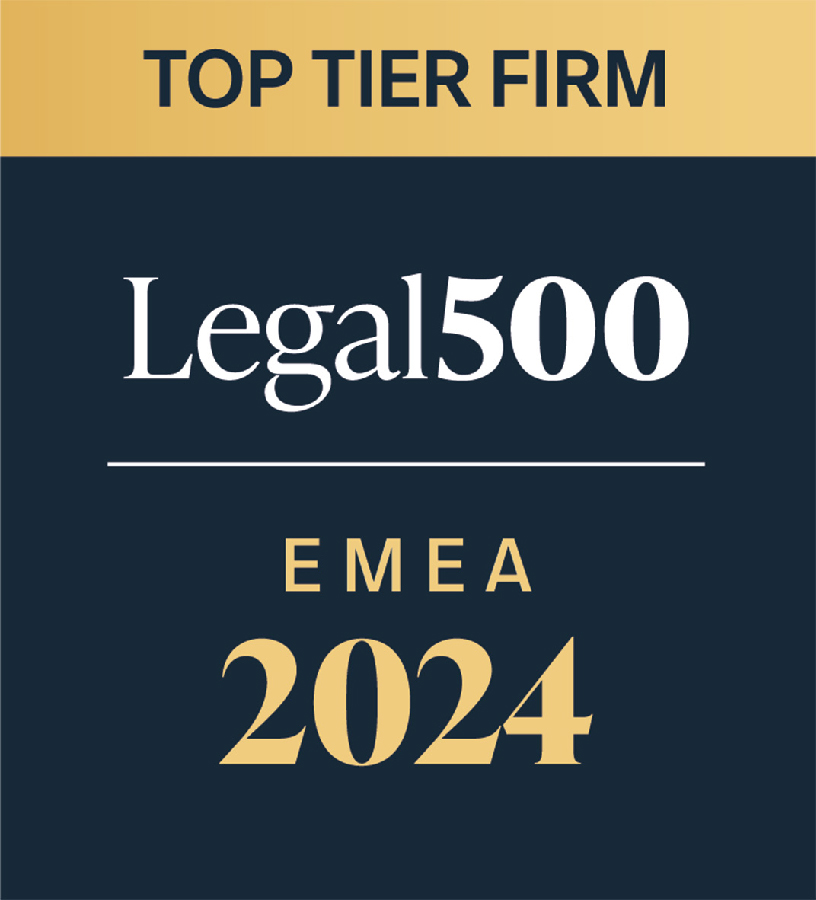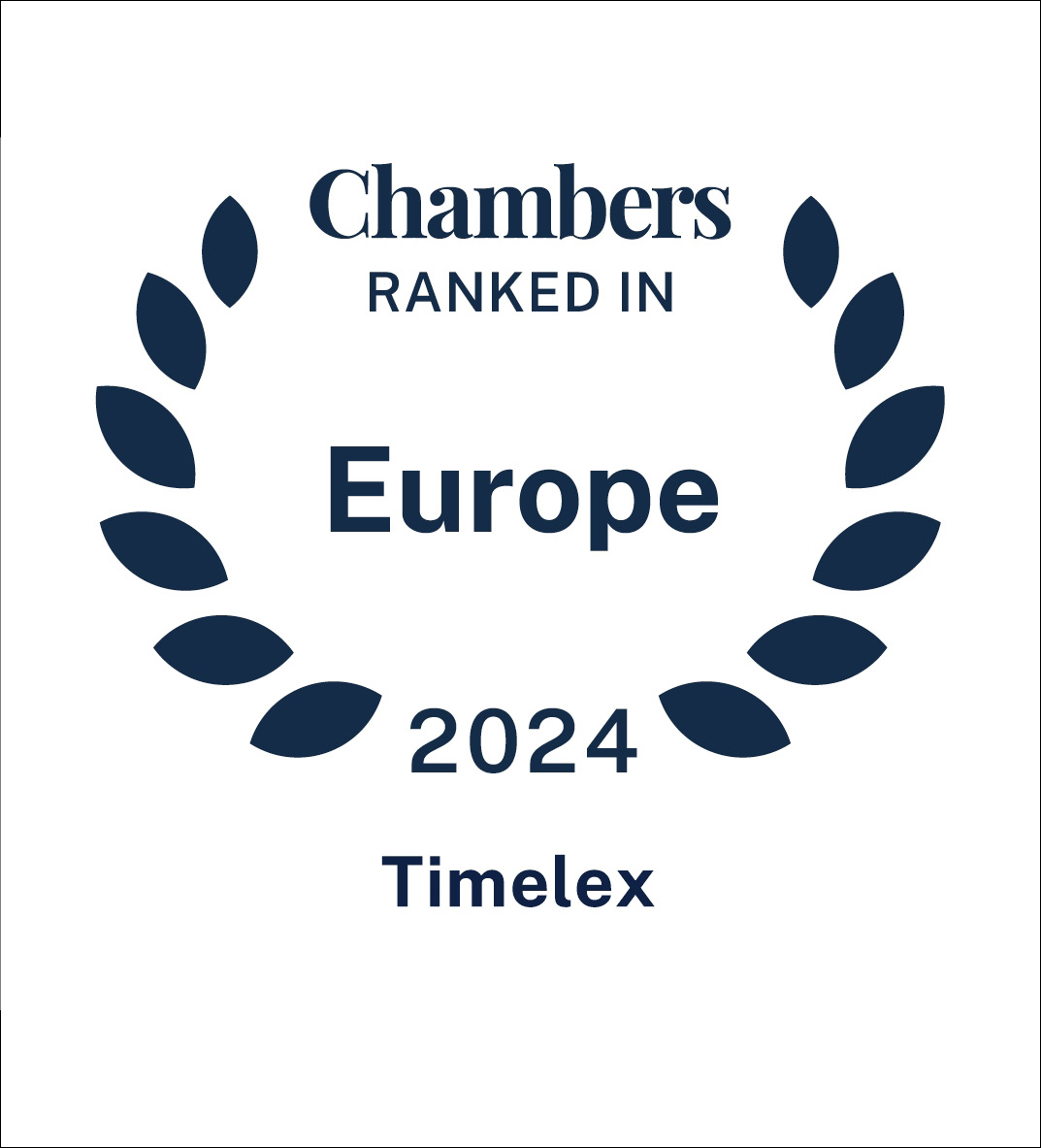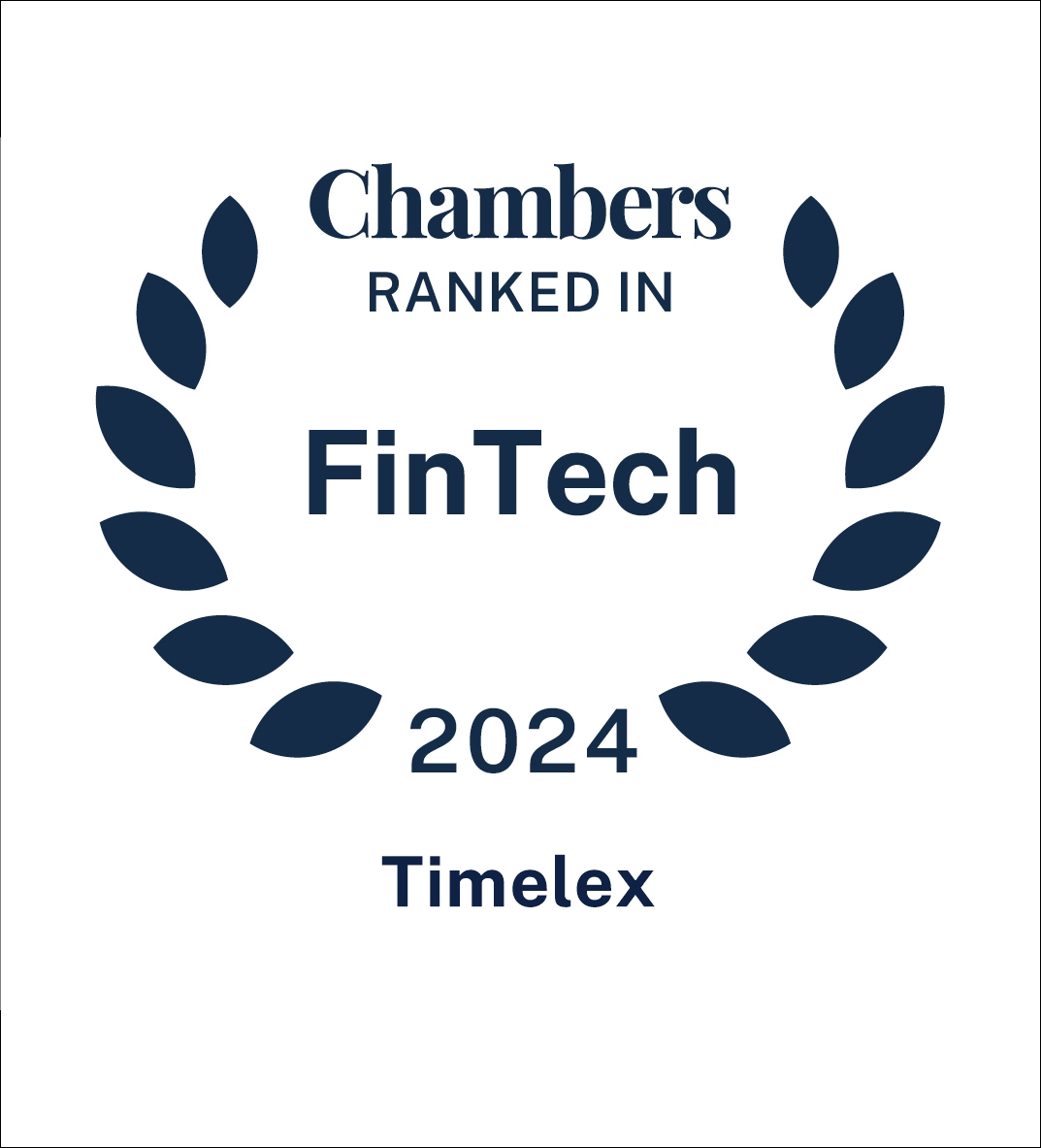Looking for?
FORMOBILE
Mobile devices, especially smartphones represent a unique challenge for law enforcement. Criminal offenders use phones to communicate, coordinate, organize and execute criminal actions. This is especially true for organized crime and terrorist organizations. This development provides new challenges for criminal prosecution and it is vital to empower law enforcement to access the data stored on mobile devices to use it as court evidence in a trustworthy and reliable manner.
The overarching objective of FORMOBILE is to establish a complete end to end forensic investigation chain, targeting mobile devices. To achieve this goal three objectives will be pursued:
- Novel tools shall be developed that include the acquisition of previously unavailable mobile data, unlocking mobile devices, as well as the decoding and analysis of mobile data.
- Based on the definition of requirements of law enforcement and taking into account legal and ethical issues (e.g. data protection and criminal procedure) a new mobile forensics standard shall be developed.
- With the developments of the new standard and the new tools, training for police and criminal prosecution will be established, providing the end users with the latest knowledge in a novel and an innovative curriculum to ensure a quality standard of investigations.
Our role
Timelex is one of two specialized legal partners in the FORMOBILE project, which underscores the importance of the legal work in this Action.
There are three main challenges in FORMOBILE. The first is data protection. Data protection is a relevant consideration both during the project implementation, carrying out research in accordance with the GDPR, as well as for the use of the FORMOBILE solutions, standard and tools (together: the results) afterwards in the real world by Law Enforcement Authorities (LEAs). The FORMOBILE results and tools need to be designed in accordance with the principle of privacy-by-design, specifically supporting use by LEAs in the future in accordance with the Law Enforcement Directive (Directive 2016/680/EU) and implementing national law. Timelex is providing its expertise to the consortium in order to ensure that the data protection principles are respected throughout the implementation of FORMOBILE.
The second main legal challenge is to ensure that evidence gathered from mobile phones in the FORMOBILE way is actually admissible as evidence in court in the Member States. For this reason, a study will be undertaken in FORMOBILE mapping the national law of the Member States and their conditions for use of evidence gathered from mobile devices. Conclusions will be drawn from this and provide input to the technical implementation of the project to ensure maximal usability of the results. Timelex will use its expertise and EU-wide network of national experts to support this activity.
The third challenge is ethical compliance, especially of the AI used in mobile forensic tools. Timelex will take charge of leading the debate with the technical partners on how to implement this.
At the end of the project, Timelex is tasked with writing the final legal and ethical validation report of the FORMOBILE results.
Research results
In the course of the implementation of FORMOBILE, legal partners Timelex and Law and Internet Foundation have conducted a large scale study in order to determine how the current criminal procedure law in the EU Member States deals with the topic of mobile forensics.
This was done by having (a) national legal expert(s) answer an extensive questionnaire, and conducting a follow-up interview with said expert(s). Experts were typically either defence lawyers or academics. In addition to the EU Member States, an expert was engaged for Norway and for Kyrgyzstan, because both countries are represented in the consortium and the FORMOBILE legal team considered the addition of non-EU law systems of additional value to the exercise of comparing the different legal systems. For the UK only a voluntary contribution was obtained. For Germany, it was decided to both engage a defence lawyer and a judge as legal experts, to highlight the different points of view that may exist based on the expert’s divergent experiences in practice.
Below you can find:
- The main report, which summarizes all the findings of the country reports (EU flag)
- The country reports for the EU Member States
- The country reports for Norway and Kyrgyzstan
It should be highlighted that the country reports do not necessarily present a complete and fully up to date overview of the legal position of the country in question, nor do they constitute legal advice. The information is provided “as is”, as it was received from the legal experts engaged by the FORMOBILE project, and without any guarantees as to its accuracy or usefulness for the specific purposes of the reader.
Country reports

Austria

Belgium

Bulgaria

Croatia

Cyprus

Czech Republic

Denmark

Estonia

Finland

France

Greece

Hungary

Ireland

Italy

Kyrgyzstan

Latvia

Lithuania

Luxembourg

Malta

Netherlands

Norway

Poland

Portugal

Romania

Slovakia

Slovenia

Spain

Sweden

United Kingdom

Project details
More information about the FORMOBILE project can be found on the CORDIS website: https://cordis.europa.eu/project/id/832800.
Funded by the European Union. This project has received funding from the European Commission’s Horizon 2020 programme under Grant Agreement No. 832800. Views and opinions expressed are however those of the author(s) only and do not necessarily reflect those of the European Union or the European Commission. Neither the European Union nor the granting authority can be held responsible for them.







